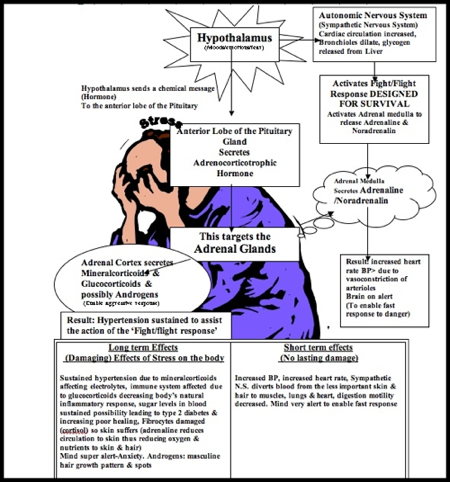Is this the key to eternal youth? Scientists find the brain region that controls ageing - paving the way to turn back the clock
- Signal pathway in the hypothalamus controls ageing throughout the body
- Signalling can be altered to slow ageing process and increase longevity
- Hormone made in the hypothalamus also slows ageing so injecting it into mice increases their lifespan
But scientists think they may now be one step closer to unlocking the secret.
New research has found that a single region of the brain may control the ageing process.
Researchers believe that the hypothalamus – the area of the brain which controls hunger, thirst, body temperature and fatigue - may be the ‘fountain of ageing’, controlling how the body declines over time.
They say they have discovered a specific age-related signalling pathway which opens up new strategies for combating diseases of old age and extending lifespan.
Senior author Professor Dongsheng Cai, at Albert Einstein College of Medicine in the United States, said: ‘Scientists have long wondered whether ageing occurs independently in the body's various tissues or if it could be actively regulated by an organ in the body.
‘It's clear from our study that many aspects of ageing are controlled by the hypothalamus.
‘What's exciting is that it's possible - at least in mice - to alter signalling within the hypothalamus to slow down the ageing process and increase longevity.’
The hypothalamus, located deep within the brain, is known to play fundamental roles in growth, development, reproduction and metabolism.
Professor Cai suspected that the hypothalamus might also play a key role in ageing through the influence it exerts throughout the body.
He said: ‘As people age you can detect inflammatory changes in various tissues.
‘Inflammation is also involved in various age-related diseases, such as metabolic syndrome, cardiovascular disease, neurological disease and many types of cancer.’
To find out how the hypothalamus might affect ageing, they decided to study hypothalamic inflammation by focusing on one protein complex.
Professor Cai said: ‘Inflammation involves hundreds of molecules, and this one sits right at the centre of that regulatory map.’
In the latest study, the team showed that activating the protein complex pathway in the hypothalamus of mice significantly accelerated the development of ageing, as shown by various physiological, cognitive and behavioural tests.
He said: ‘The mice showed a decrease in muscle strength and size, in skin thickness, and in their ability to learn - all indicators of ageing.
‘Activating this pathway promoted systemic ageing that shortened the lifespan.’
The researchers also found that activating the pathway in the hypothalamus caused declines in levels of gonadotropin-releasing hormone (GnRH), which is made in the hypothalamus.
Suspecting that reduced release of GnRH from the brain might contribute to whole-body ageing, the researchers injected the hormone into aged mice and made the striking observation that the hormone injections protected them from the impaired neurogenesis – creation of new neurons - associated with ageing.
When aged mice received daily GnRH injections for a prolonged period, the therapy exerted benefits that included the slowing of age-related cognitive decline, probably the result of neurogenesis.
Professor Cai said preventing the hypothalamus from causing inflammation and increasing neurogenesis via GnRH therapy are two potential strategies for increasing lifespan and treating age-related diseases.









